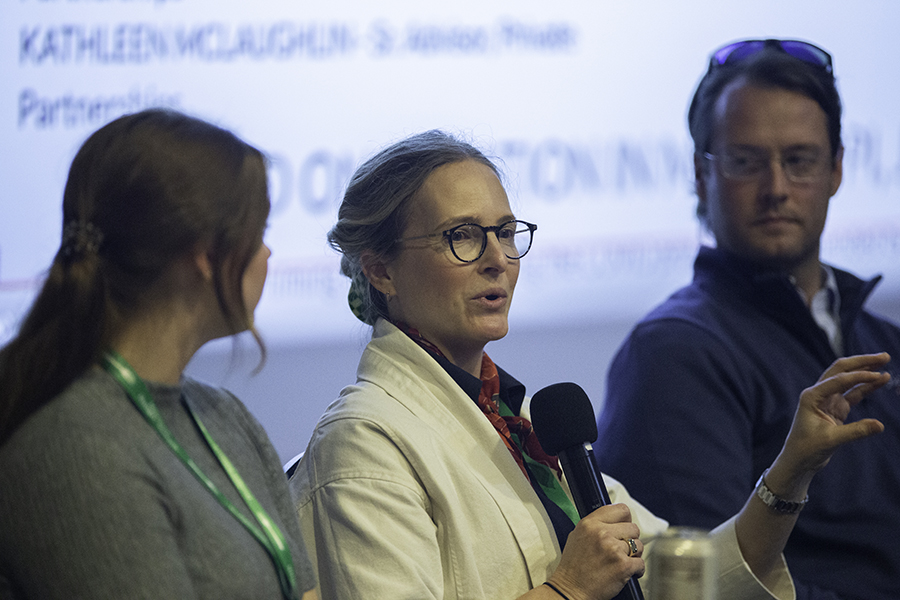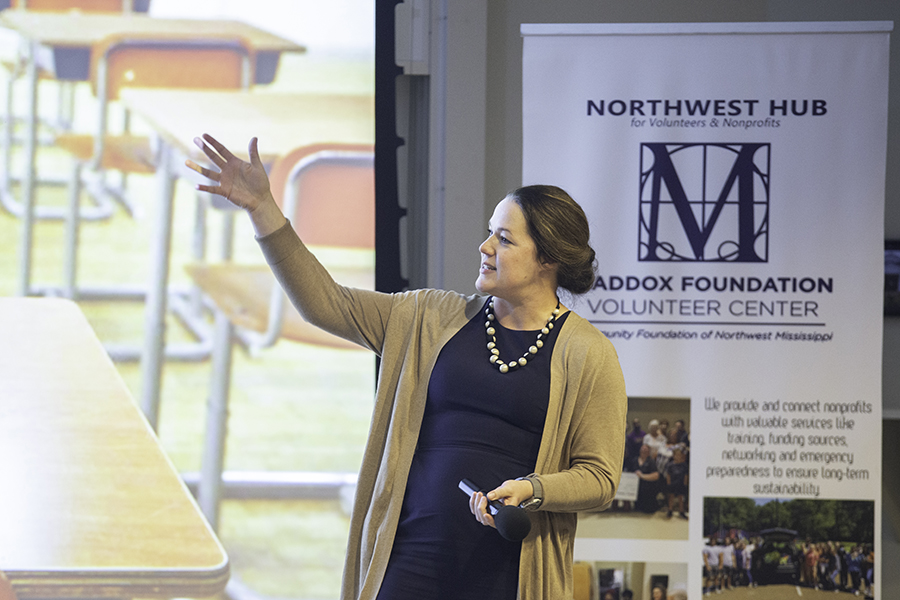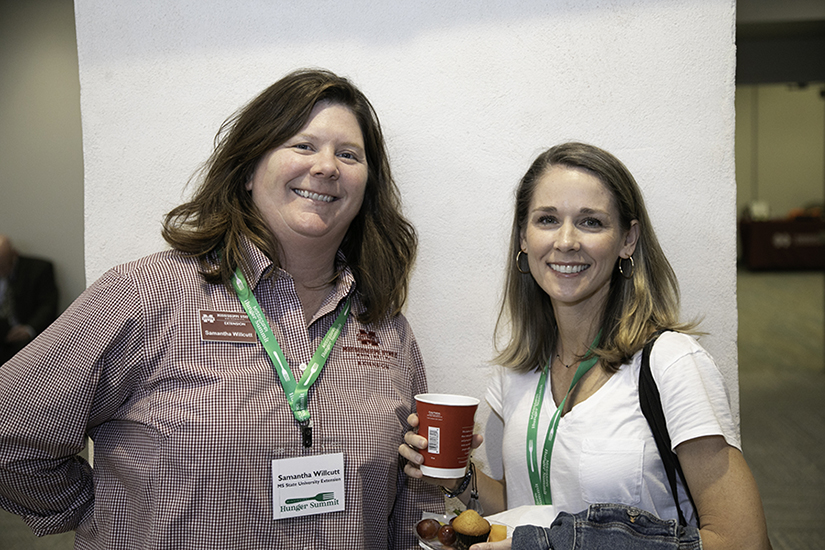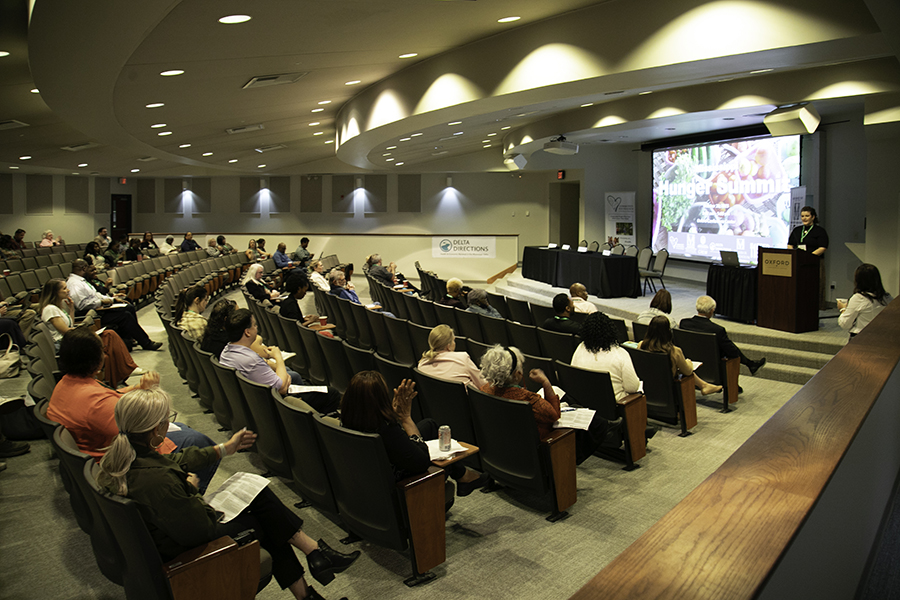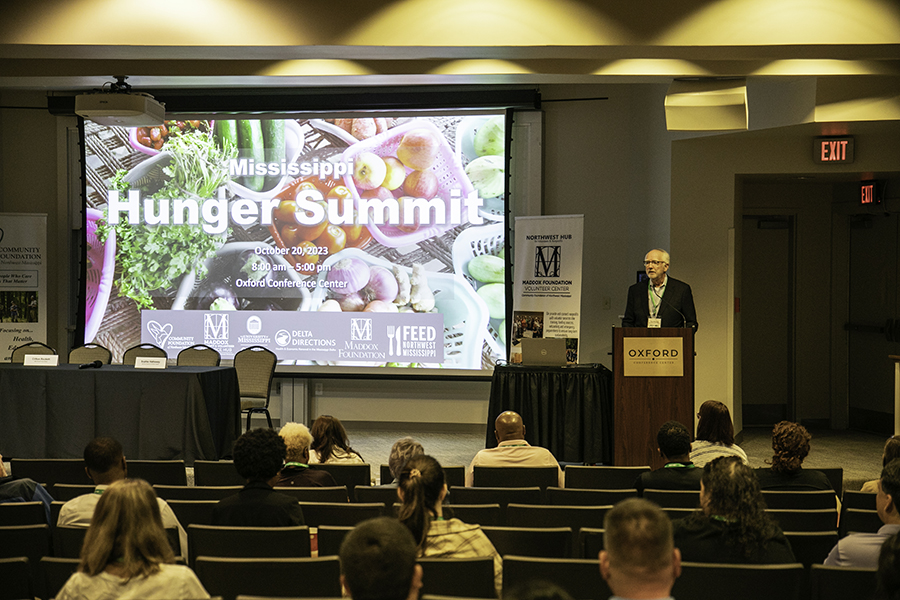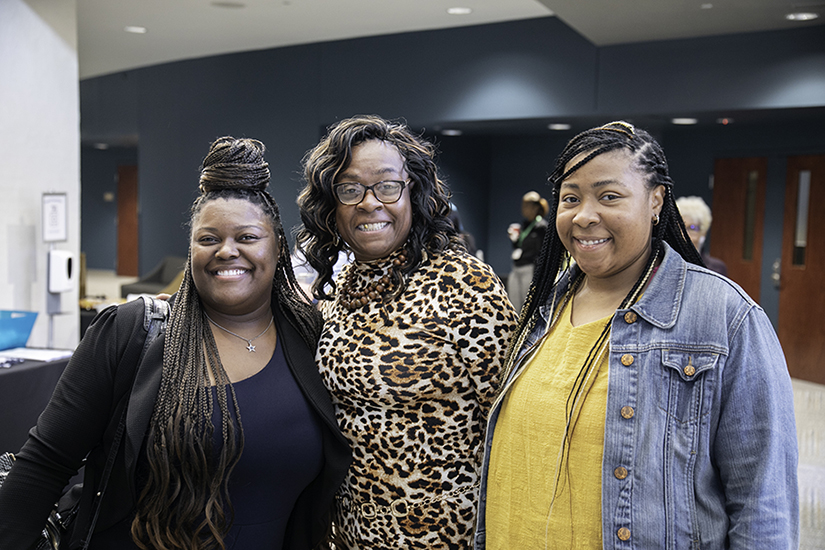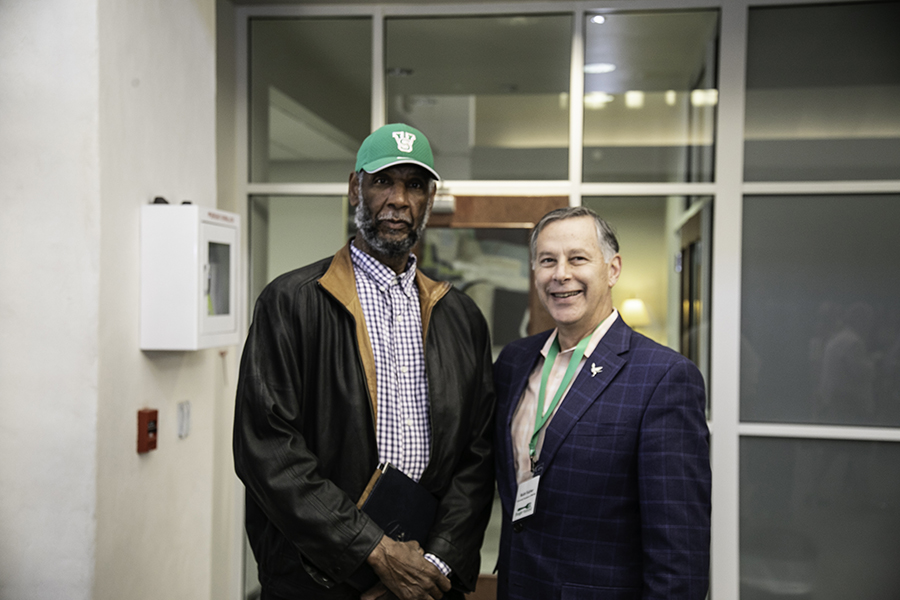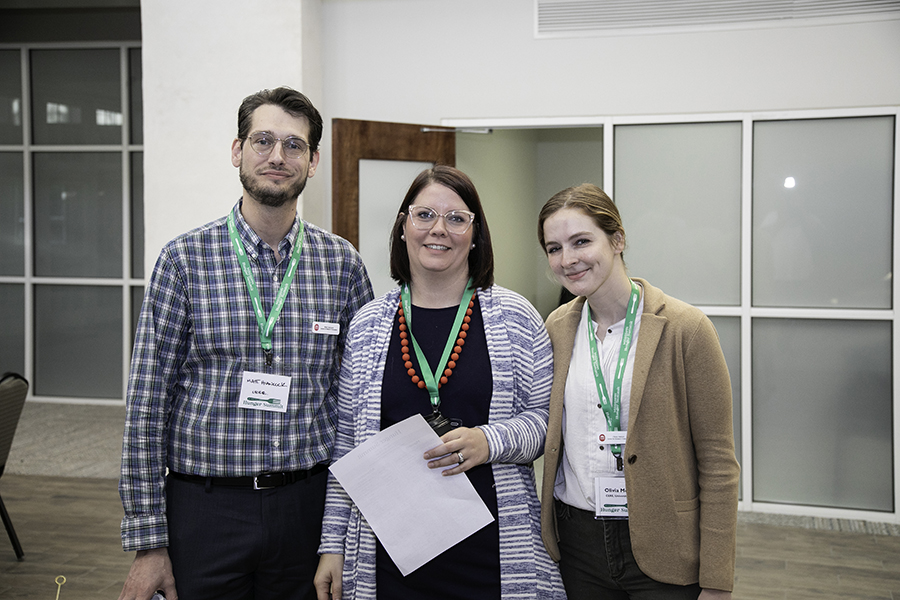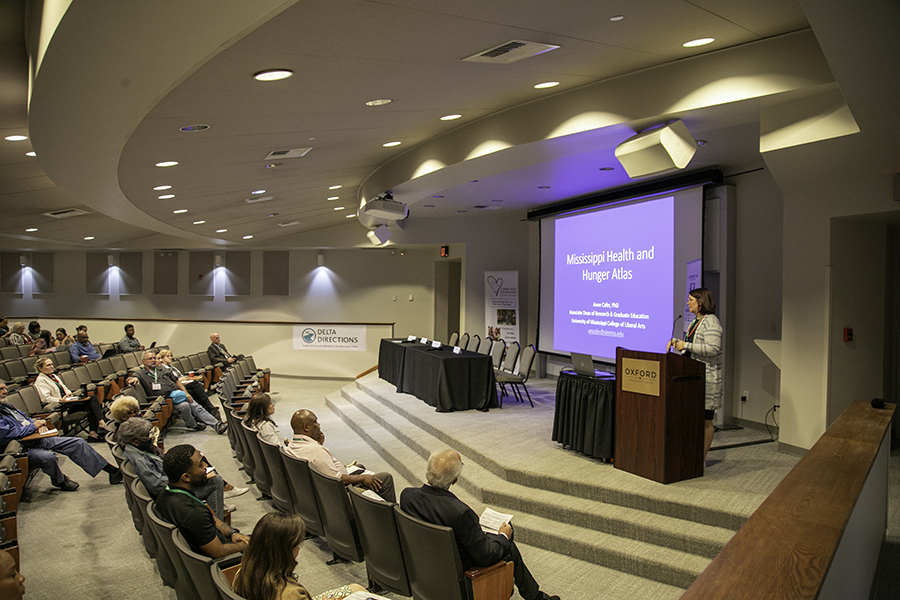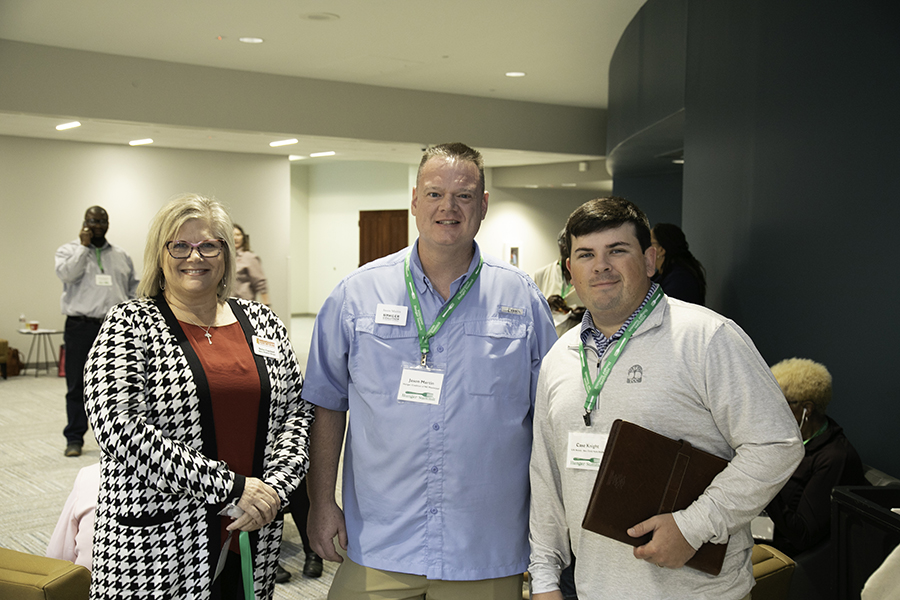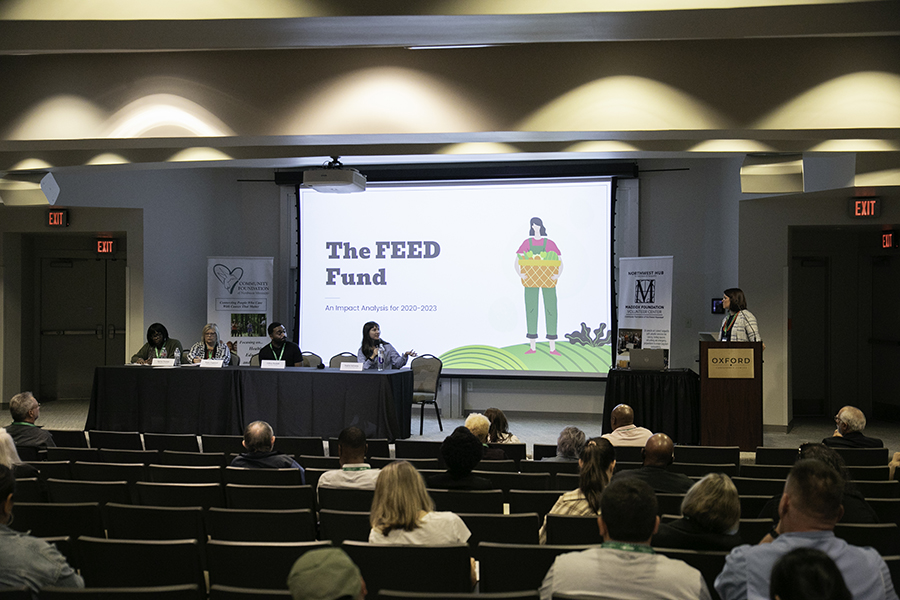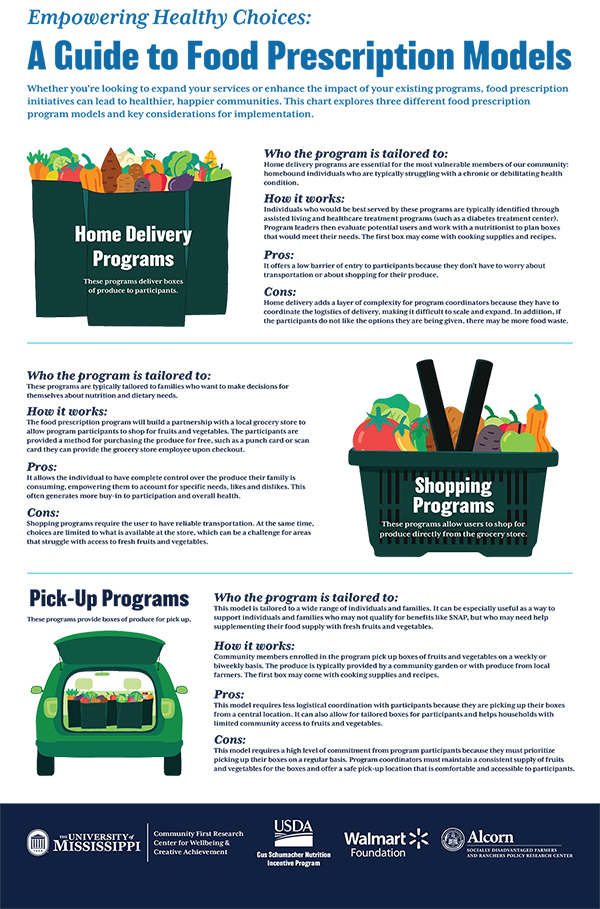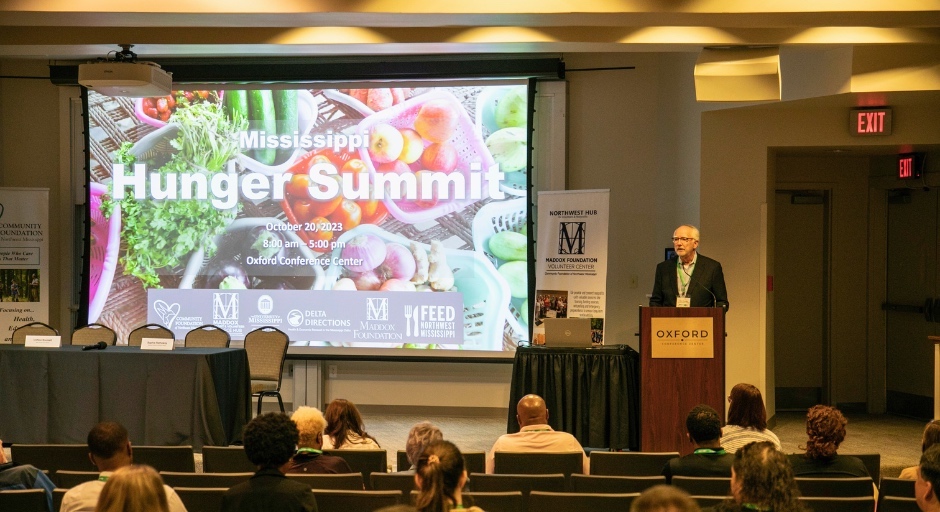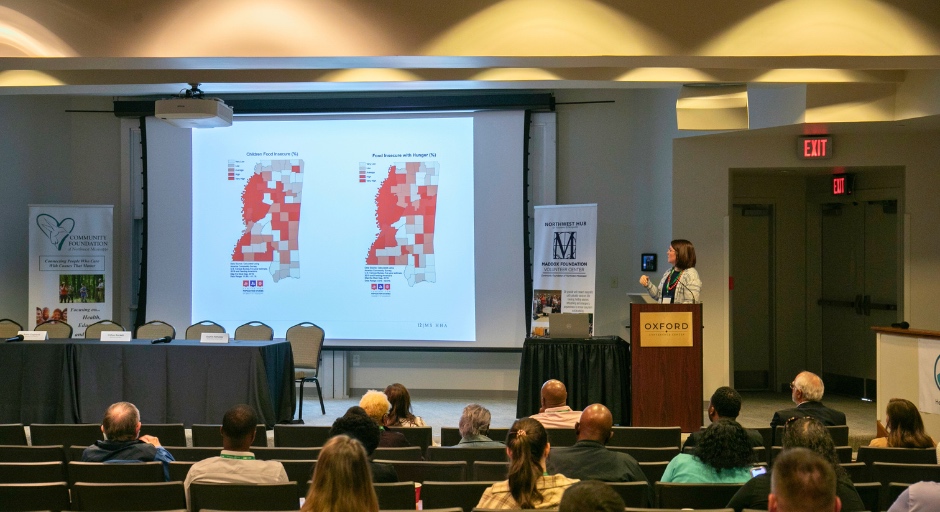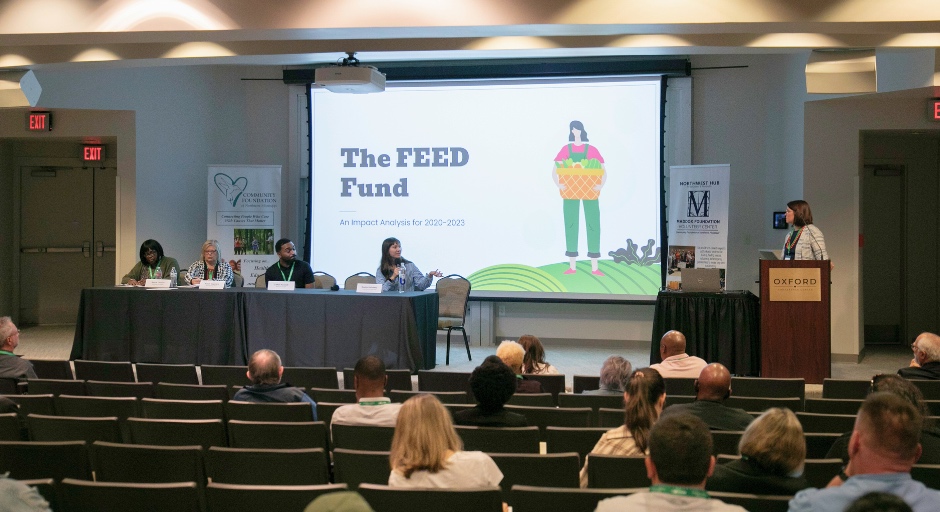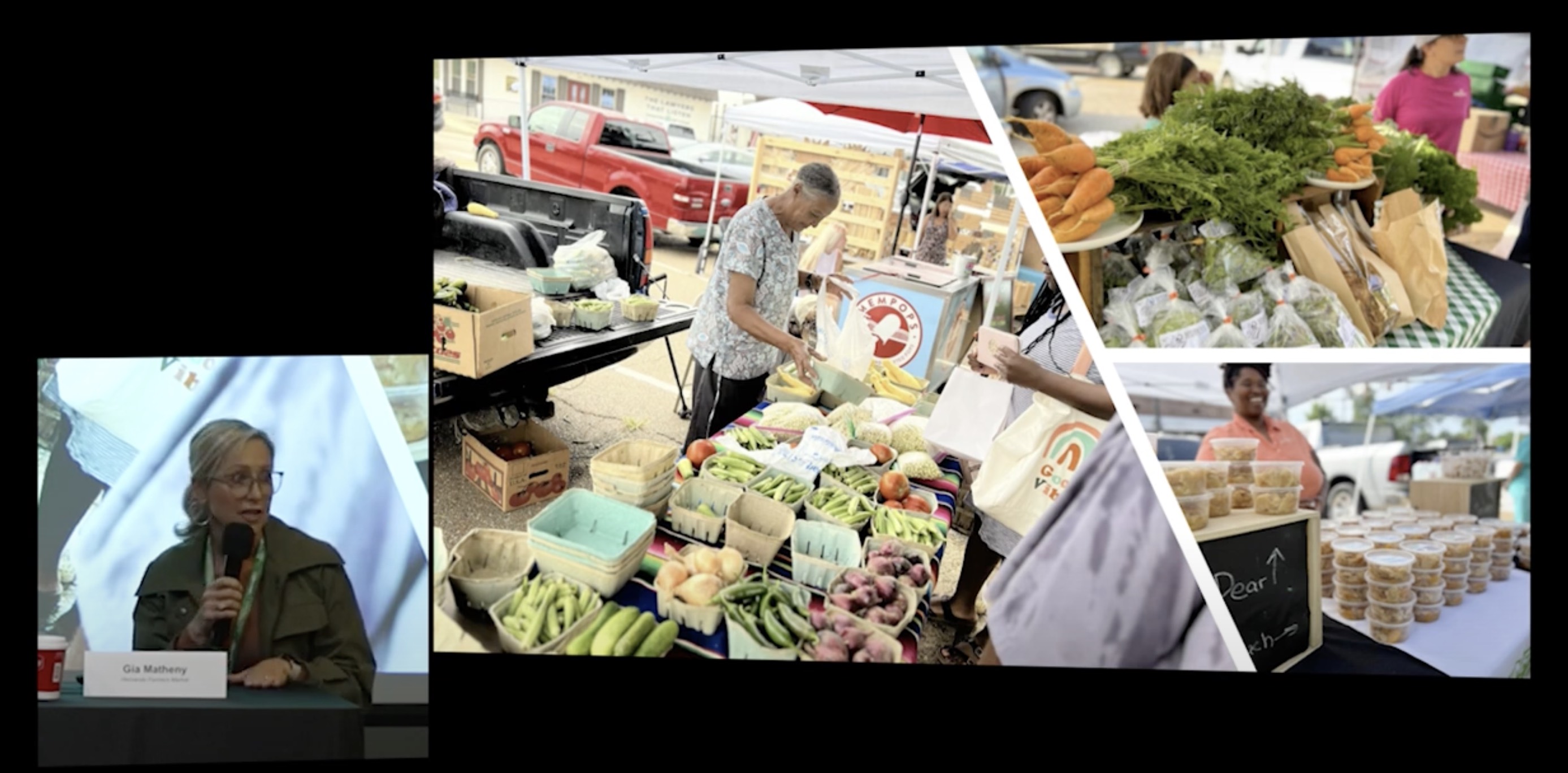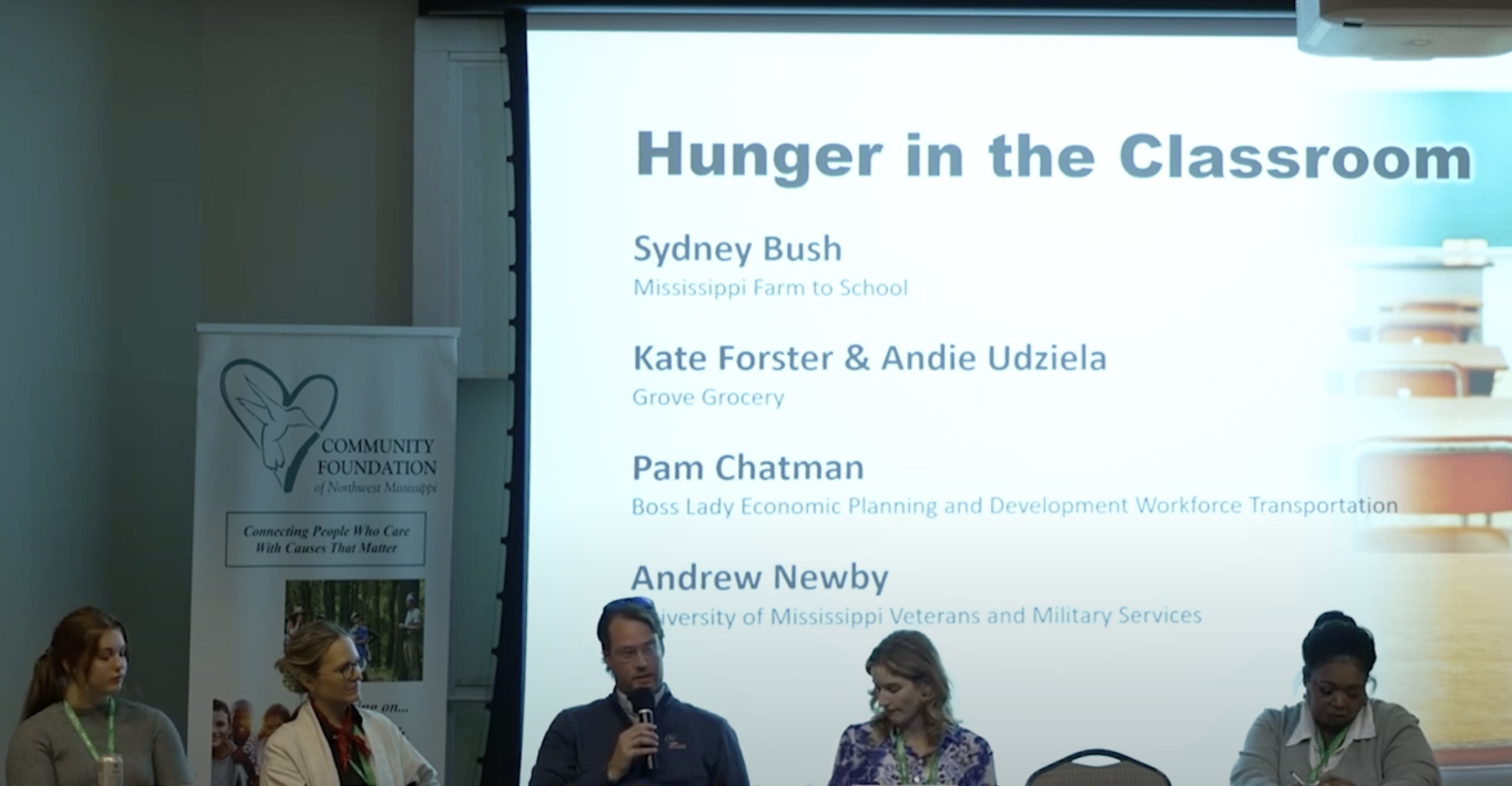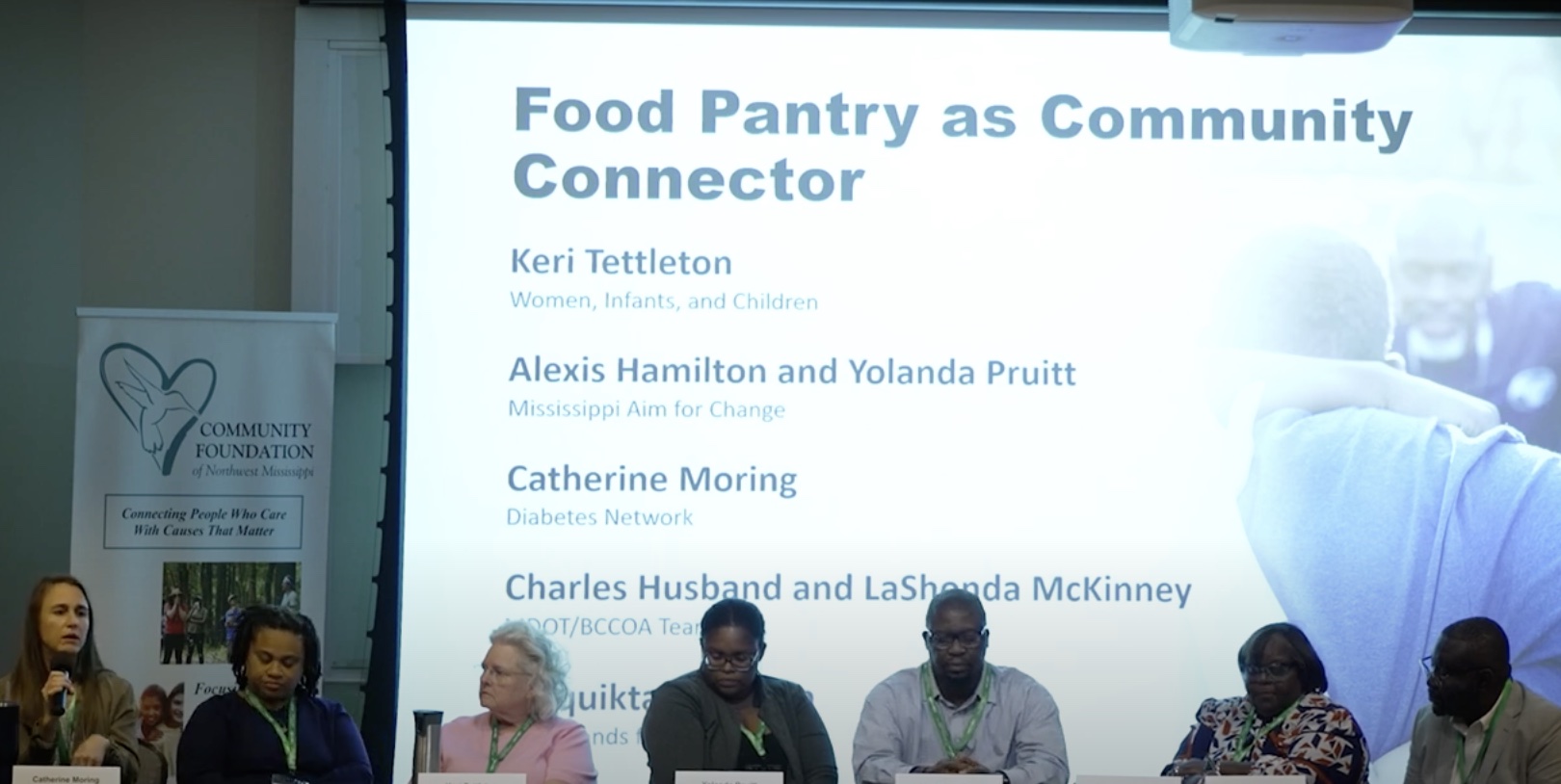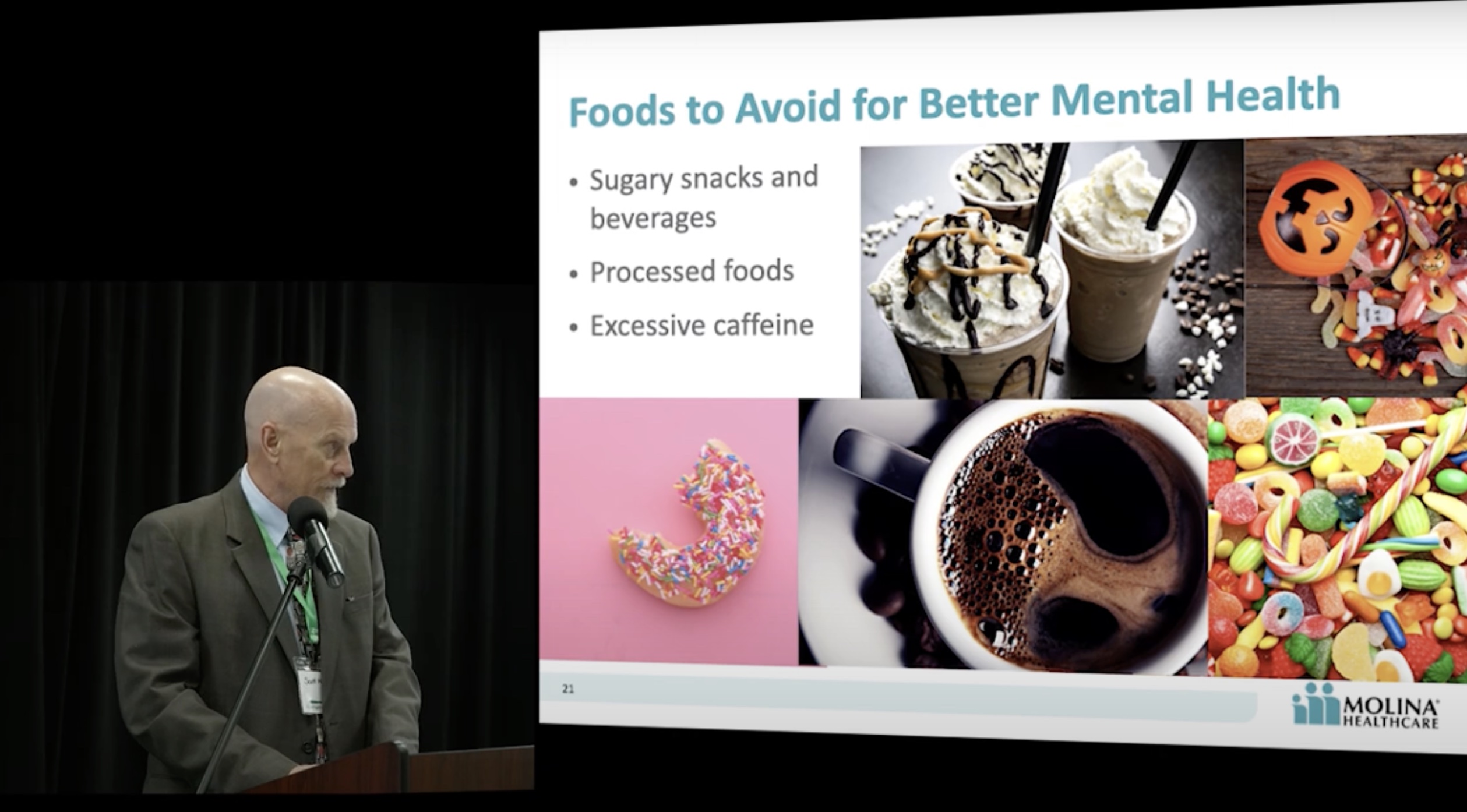Food Insecurity
A look at how CREW is working with leaders and organizations across the state to combat food insecurity.

Food insecurity — defined by the USDA as a lack of consistent access to enough food for every person in a household to live an active life — effects every county and congressional district in every state in the country. In Mississippi, however, it is a pervasive problem that affects more than 16% of the population, or about 480,600 people (including 1 in 6 children), making the state one of the most food insecure in the nation.
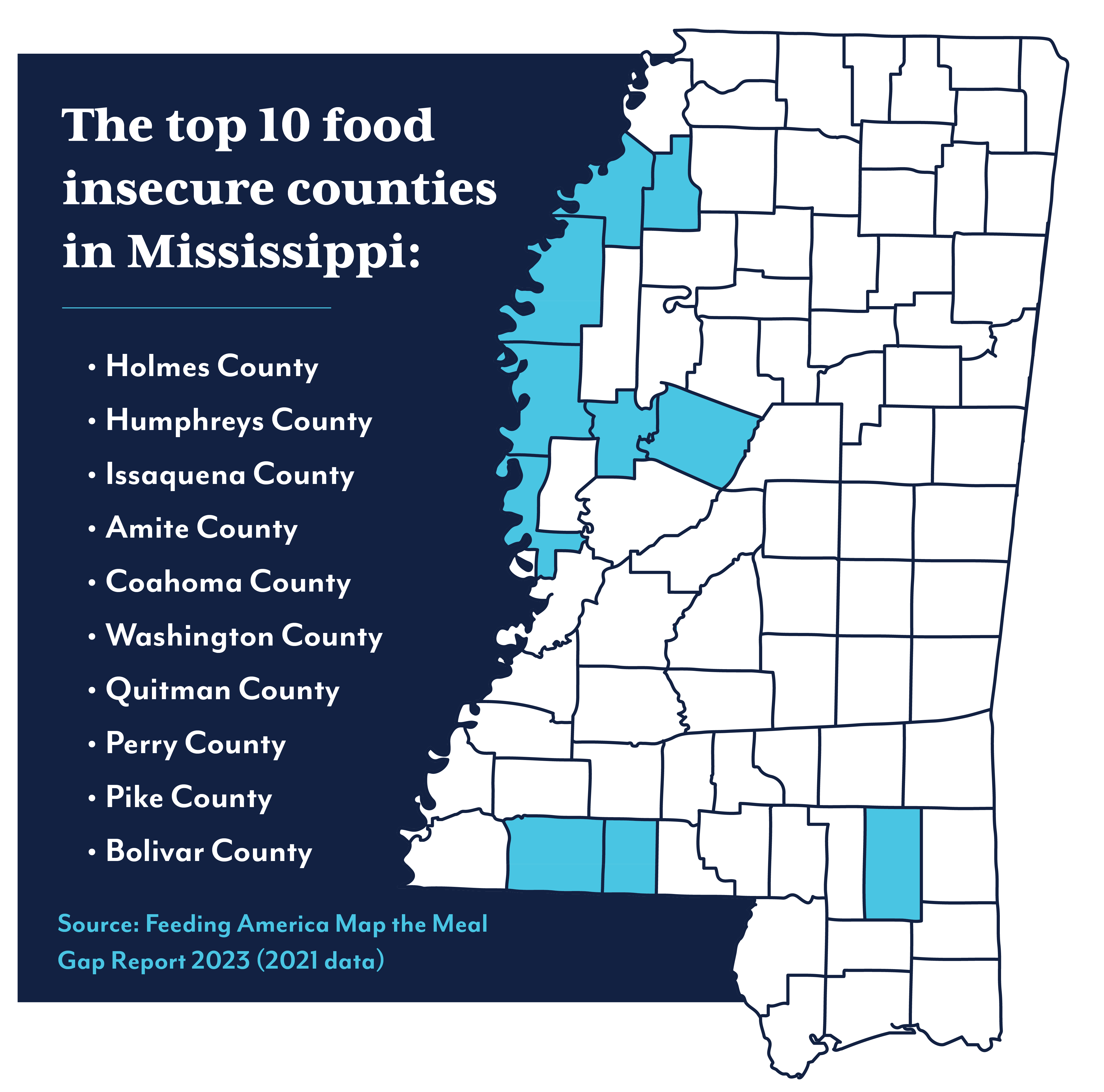 Food insecurity disproportionately affects poor, rural and minority residents. In fact, according to Feeding America's report Map the Meal Gap 2023, food insecurity among Black or Latino individuals is higher than white individuals in over 9 out of every 10 counties, while 9 out of 10 high food insecurity counties are rural.
Food insecurity disproportionately affects poor, rural and minority residents. In fact, according to Feeding America's report Map the Meal Gap 2023, food insecurity among Black or Latino individuals is higher than white individuals in over 9 out of every 10 counties, while 9 out of 10 high food insecurity counties are rural.
Understanding the magnitude and nuances of food insecurity in Mississippi is crucial. It's more than just a lack of food; it's about the lack of consistent access to nutritious food that enables people to lead healthy lives. This challenge doesn't have a one-size-fits-all solution.
At CREW, we recognize the unique challenges that Mississippi faces in combating food insecurity. We're committed to working with leaders and organizations across the state to explore how various research and programming efforts can create effective solutions. Our goal is to move the needle on food insecurity, enhancing the well-being of all residents of Mississippi.
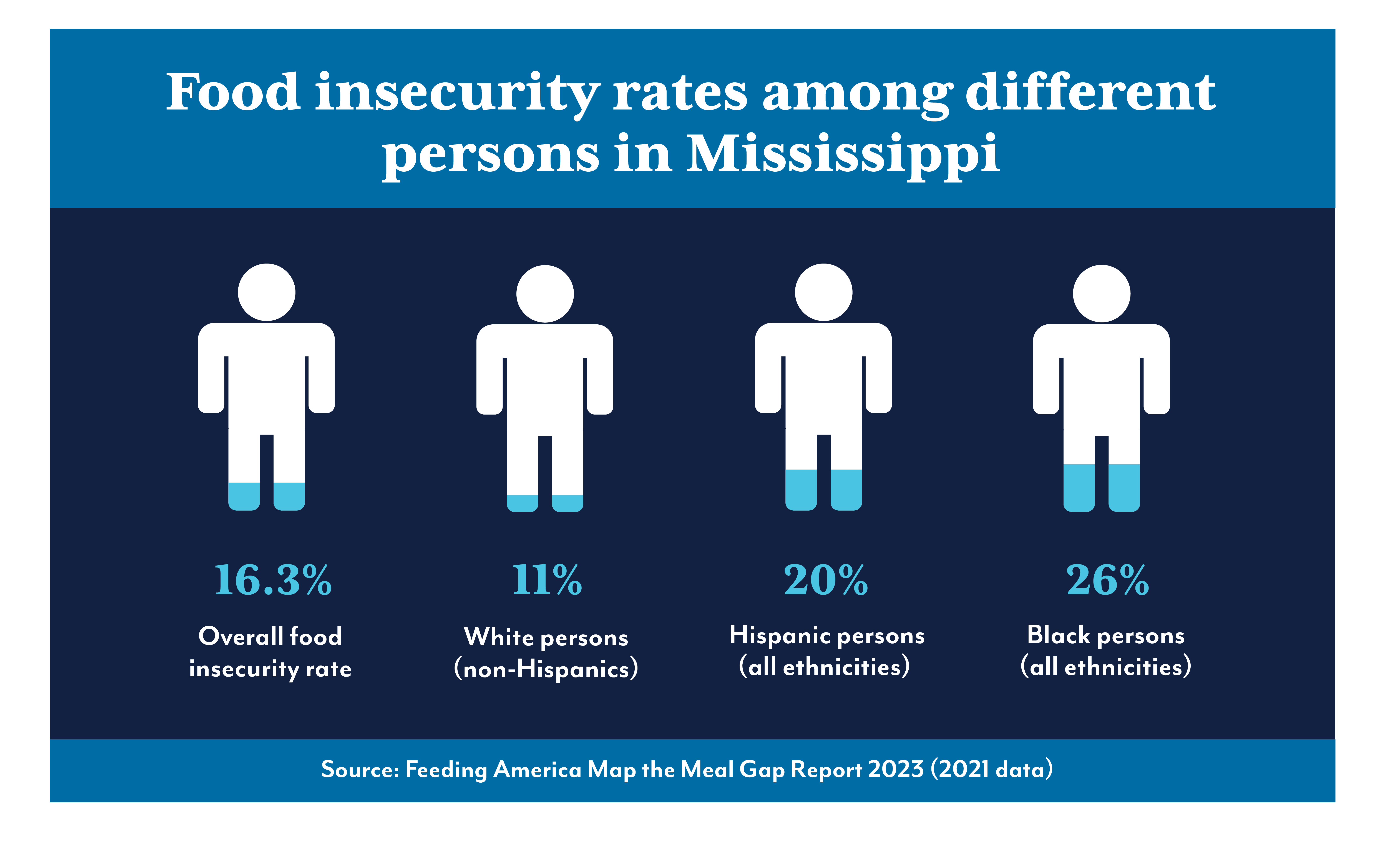
-

Food Prescription Programs
To help combat food insecurity and diet-related health conditions, many communities are turning to food prescription programs. These programs provide individuals and families in need of assistance with consistent access to fresh and nutritious produce. Over the last couple of years, CREW has partnered with various organizations to help launch food prescription programs in some of the poorest and most food insecure areas of Mississippi.
Learn More About CREW's Work with Food Prescription Programs -
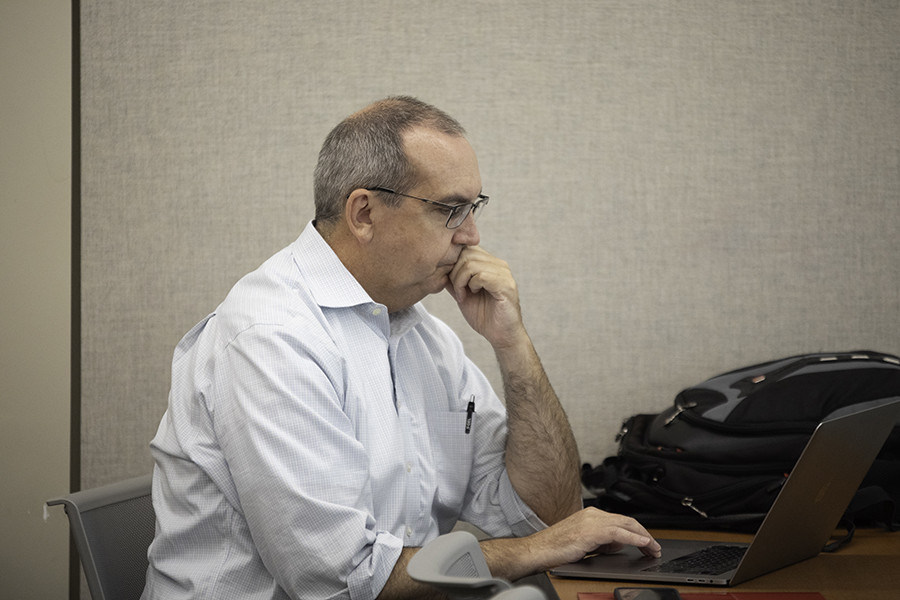
Research & Reports
As part of our ongoing efforts to combat food insecurity, we research the causes and conditions behind food insecurity in different communities and populations. At the same time, we look to uncover solutions and policy recommendations. Our recent research has included an evaluation of the effectiveness of nutrition incentive and produce prescription programs in rural areas across Arkansas, Louisiana and Mississippi.
View Our Research and Reports

